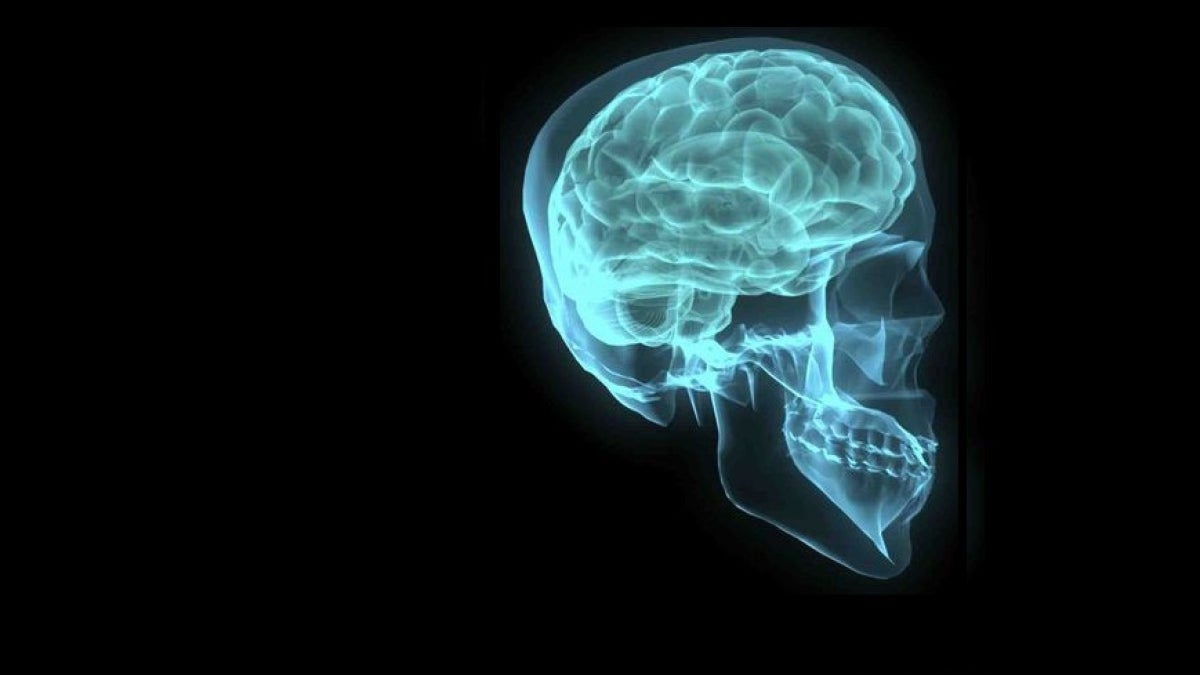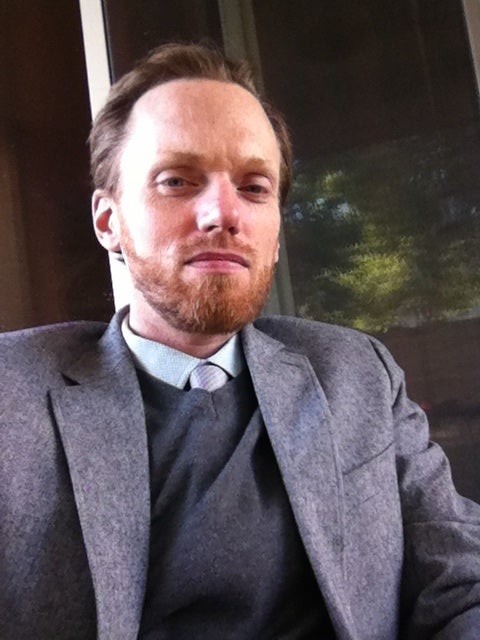Imagine never forgetting where you put your keys again. Or being able to weigh the odds at a blackjack table in seconds.
Having those kind of abilities sounds like something out of a Hollywood movie. In fact, the premise is one that has been explored in film many times before, including such recent movies as “Limitless” and “Lucy.”
In real life, we’ve yet to discover that magic little pill that will allow us to fully utilize our brain — but that hasn’t stopped some from trying.
So-called “brain training” programs offered by such websites as Lumosity and Cogmed have claimed that users can stave off dementia and even augment their intelligence. The training exercises consist of games that are geared toward improving an individual’s attention span and working memoryWorking memory is the ability to quickly recall information..
However, those companies have recently come under fire on charges of deceptive advertising — earlier in January, it was announced that Lumosity will pay $2 million to settle Federal Trade Commission charges — after several researchers in the field found that there was little to no evidence to support their claims of increased memory or intelligence.
Arizona State University professor Zach ShipsteadZach Shipstead is an assistant professor in the School of Social and Behavioral Sciences, an academic unit of the New College of Interdisciplinary Arts and Sciences on Arizona State University’s West campus. (pictured left) agrees with them.
Along with colleagues, Shipstead conducted a study a few years ago on one of the games included in Lumosity’s suite of training exercises called the Dual N-Back task.
“Supposedly Dual N-Back improves working memory, improves intelligence, and we didn’t find any evidence of that, relative to a couple of different control groups,” he told HuffPost Live in a Jan. 7 Skype interview.
According to Shipstead, consumers should be cautious when it comes to the expanding market of brain-training programs because there’s just not enough evidence to show they actually work.
“There have been a lot of interesting small findings [in the field] but right now, the effects we’re producing are only large enough to be scientifically meaningful; not something that can be applied to real-world situations,” he said.
More Health and medicine
Is ‘U-shaped happiness’ universal?
A theory that’s been around for more than a decade describes a person’s subjective well-being — or “happiness” — as having a U-shape throughout the course of one’s life. If plotted on a graph, the…
College of Health Solutions medical nutrition student aims to give back to her Navajo community
As Miss Navajo Nation, Amy N. Begaye worked to improve lives in her community by raising awareness about STEM education and health and wellness.After her one-year term ended last month, Begaye’s…

Linguistics work could improve doctor-patient communications in Philippines, beyond
When Peter Torres traveled to Mapúa University in the Philippines over the summer, he was shocked to see a billboard promoting Arizona State University.“It wasn’t even near the university,” said…

